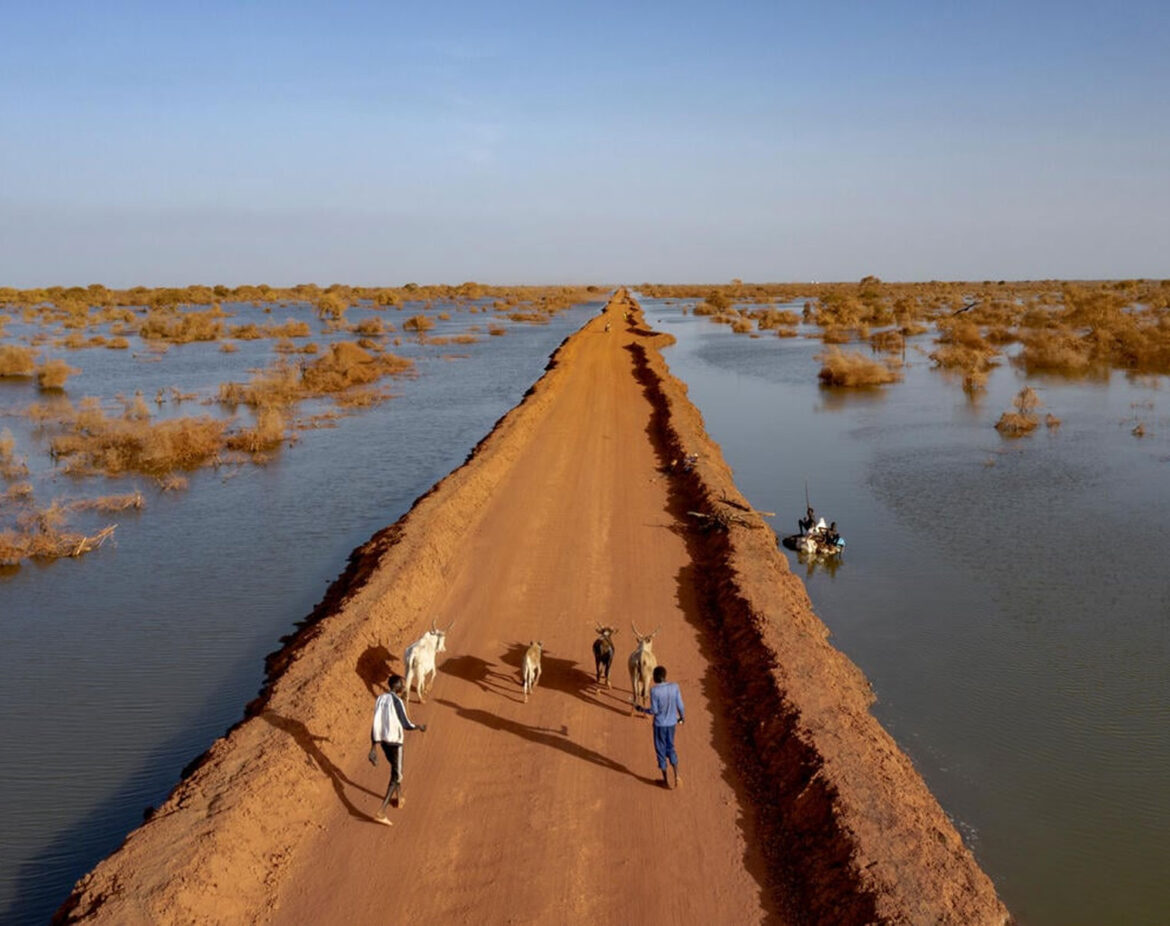UNHCR has reported that climate change is leading to unprecedented levels of displacement globally, worsening already dire conditions for those affected. With international climate talks taking place in Baku, the agency stressed that rising global temperatures and severe weather events are compounding displacement issues and called for increased investment in risk mitigation.
Filippo Grandi, the UNHCR chief, noted, “Across our warming world, drought, floods, life-threatening heat, and other extreme weather events are creating emergencies with alarming frequency.” He highlighted that 75% of displaced individuals live in areas highly exposed to climate hazards. The situation is expected to worsen as climate change accelerates.
Currently, 120 million people are displaced due to conflict, violence, and persecution, mostly within their own countries. Climate-related disasters have displaced around 220 million people over the past decade, averaging 60,000 displacements daily, according to data from the Internal Displacement Monitoring Centre.
Andrew Harper, UNHCR’s special advisor on climate action, lamented the lack of sufficient funding for supporting displaced individuals and host communities. He described the situation as “a hellish scenario becoming even tougher,” pointing out that many refugee settlements are in lower-income areas with limited infrastructure to cope with climate impacts.
UNHCR projects that by 2040, the number of countries facing severe climate hazards will rise from three to 65. Additionally, by 2050, most refugee camps will experience double the number of dangerously hot days, which could lead to further food insecurity due to crop and livestock losses.
The UNHCR is urging global leaders gathered at COP29 in Baku to channel more international climate funding to refugees and their host communities to help address the escalating crisis.



